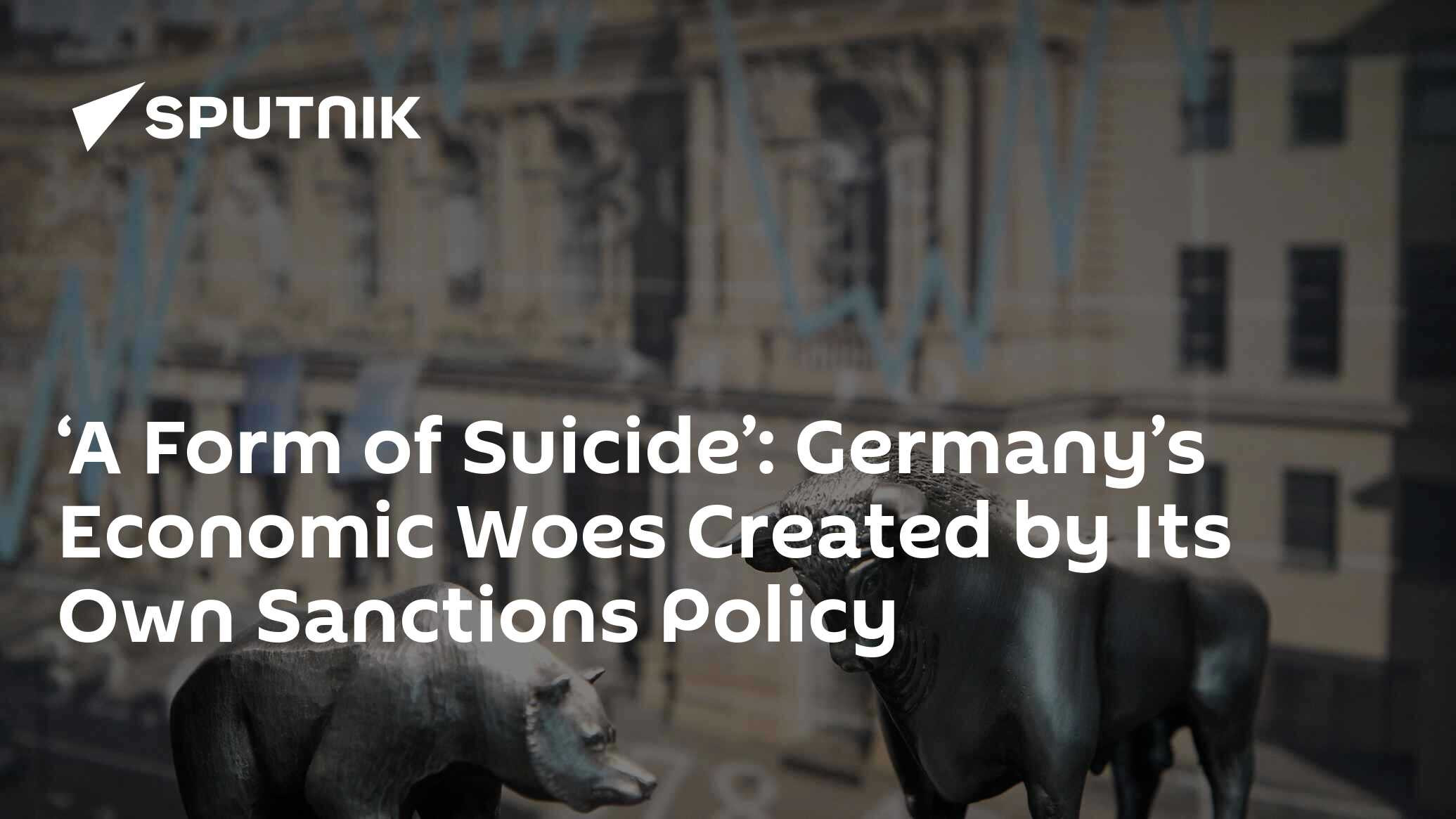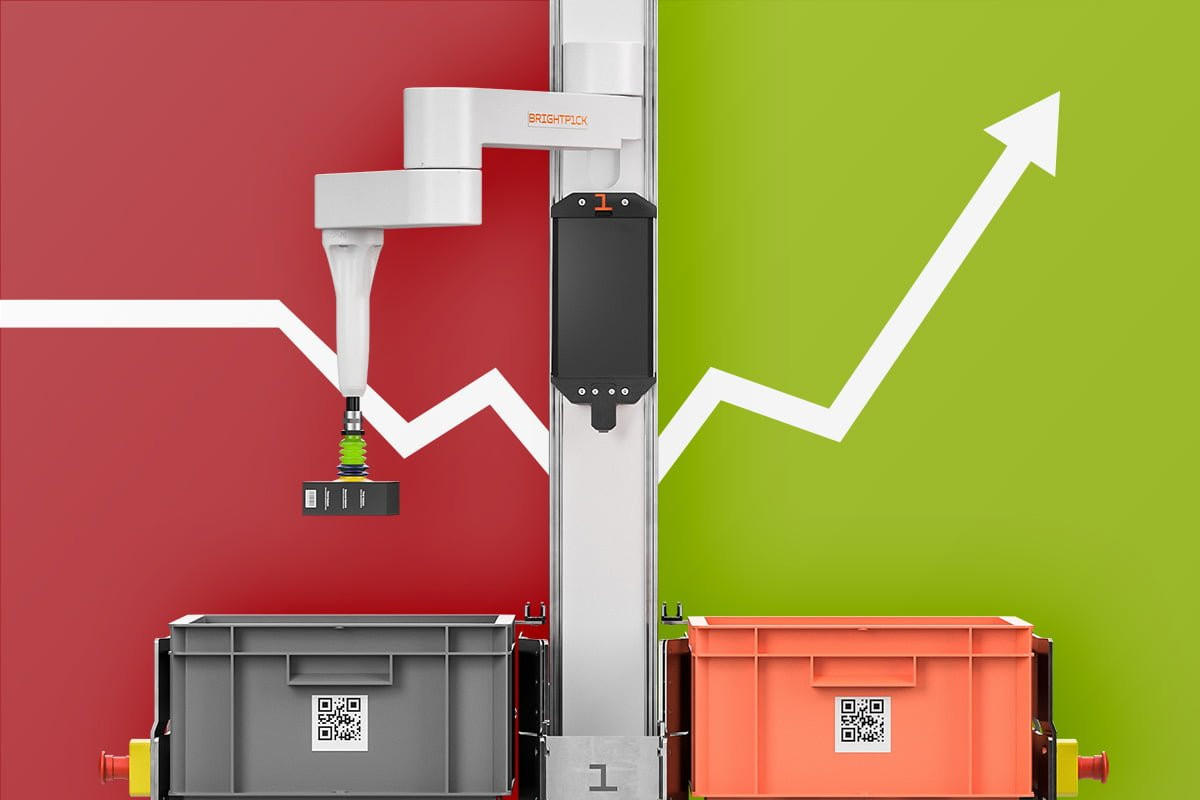The storm was predictable. It broke on Monday evening with Volkswagen's announcement of potential factory closures in Germany. A profound cultural shock for the country that has placed industry at the heart of its social model for over a century. And it's not over yet.
The steelmaker Thyssen is preparing a massive restructuring and, according to Reuters, American electronics company Intel is expected to present its board of directors with a cost-cutting plan in the coming weeks that could lead to the freezing or abandonment of its gigantic factory project in Magdeburg (Saxony). An investment of nearly €30 billion, including €10 billion in subsidies, to produce next-generation chips.
Germany is at the heart of this storm because it is the nerve center of European industry, but the alert is everywhere. In the automotive sector, the Stellantis group has been facing the anger of the Italian government since the announcement in June of the suspension of the creation of a battery plant in Termoli, in the south of the country. Everywhere, industrialists have been rolling up their sleeves for several months in the face of the gathering clouds.
The causes are known and stem from the global disorder arising from the health and geopolitical crises of recent years. The surge in the exit from the pandemic has led to global inflation, which has been countered by rising interest rates. These have permeated the economy to the point of reaching demand. But they have also damaged state budgets and their room for maneuver. As a result, the automotive market has stopped growing, including in the electric vehicle sector. In August, registrations fell by 24% in France compared to a particularly strong August 2023. But in July, electric car sales fell by 37% in July in Germany following the sudden halt of purchase subsidies.
Rising Costs and Chinese Competition
This drop in demand is compounded by rising costs and fierce Chinese competition. Energy prices have calmed, but they have not returned to the pre-gas crisis period and the end of Russian deliveries, particularly in Germany, where a large part of industrial competitiveness depended on it. Especially in a context of energy transition that requires heavy investment.
A Threat to Germany's Economic Powerhouse Status
Not to mention, finally, the pressure from China, observed with the arrival of entire cargo ships of electric cars, but also by the uninterrupted flow of batteries, steel and all sorts of products and components at rock-bottom prices that low Chinese consumption cannot absorb. The current storm may pass faster than expected, but no one knows what the landscape will look like after it.
The threat of factory closures, particularly in Germany, goes beyond just Volkswagen. It's a warning sign for the entire European automotive industry. The combination of rising costs, a global shift towards electric vehicles, and the increasing competitiveness of Chinese manufacturers has created a perfect storm for the industry.
The Impact on the German Economy
The potential closure of Volkswagen factories in Germany is a blow to the country's economic powerhouse status. Germany has long been a leading manufacturer of cars, and Volkswagen is one of its most important companies. The potential job losses and the impact on the supply chain could have significant consequences for the German economy.
The crisis at Volkswagen is also a symptom of a broader economic slowdown in Germany. The country is facing a number of challenges, including high energy prices, a shortage of skilled workers, and the transition to a green economy. These challenges are making it difficult for German businesses to compete globally.
The Potential for Government Intervention
The German government has taken some steps to help the economy, such as providing subsidies to companies and investing in infrastructure. However, these measures have not been enough to prevent the decline in industrial production.
The government is now facing increasing pressure to take more decisive action. Some economists argue that the government needs to invest more in education and training to address the shortage of skilled workers. Others argue that the government needs to reduce the regulatory burden on businesses to make it easier for them to invest and grow. The government must balance the need to support its industries with the need to address the broader economic challenges it faces.
A Crucial Moment for Germany
The crisis at Volkswagen is a defining moment for Germany. The country is at a crossroads, and the choices it makes now will have a significant impact on its future. Germany needs to find a way to adapt to the changing global economic landscape and remain competitive in the 21st century. The potential closure of Volkswagen factories is a stark reminder that Germany's industrial dominance is no longer a given. The government needs to act decisively to ensure that Germany remains a leading player in the global economy.
This is not just a German problem. The crisis at Volkswagen is a symptom of a broader global trend. The world is becoming increasingly interconnected, and businesses are facing new challenges from globalization, technological change, and climate change. The crisis at Volkswagen is a reminder that countries need to work together to address these challenges and create a more sustainable and equitable future for all.
A Challenging Future for the Industry
While the immediate concern is about Volkswagen and its employees, the broader implications are undeniable. The decline of the German automotive industry, the world's largest, could have far-reaching consequences for the global economy. The rise of China as a major player in the automotive industry has already put pressure on Western manufacturers, and the current crisis could accelerate this trend. Whether the storm passes quickly or not, the landscape it leaves behind will be one of uncertainty and change.



















